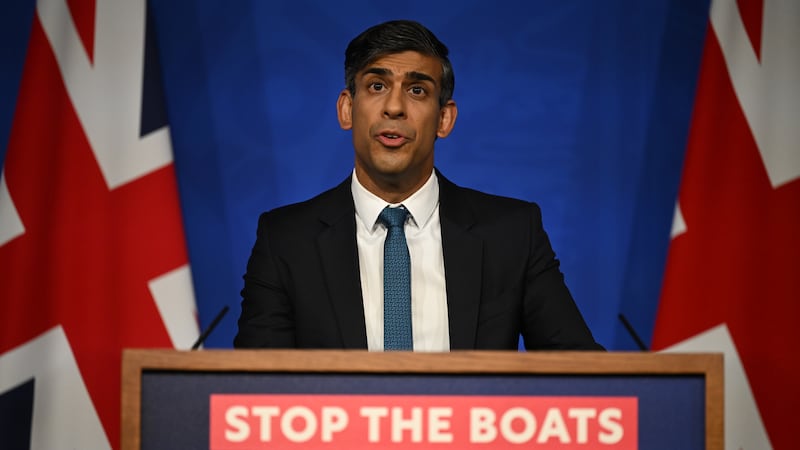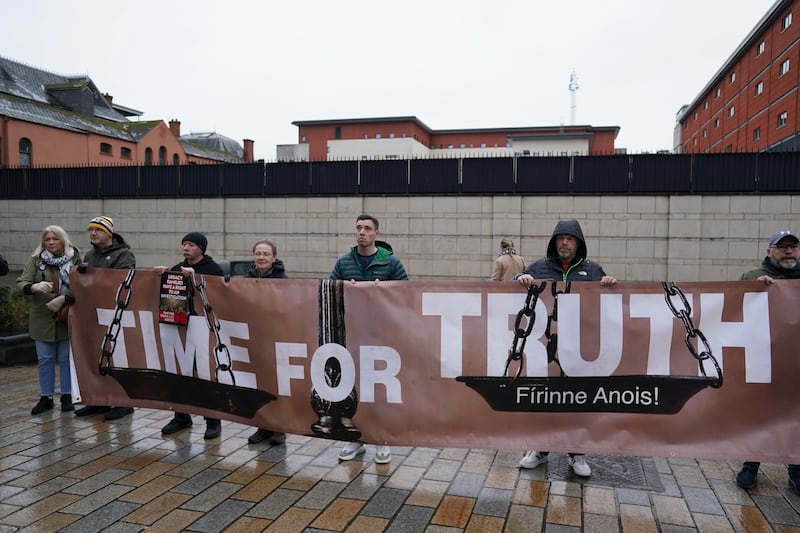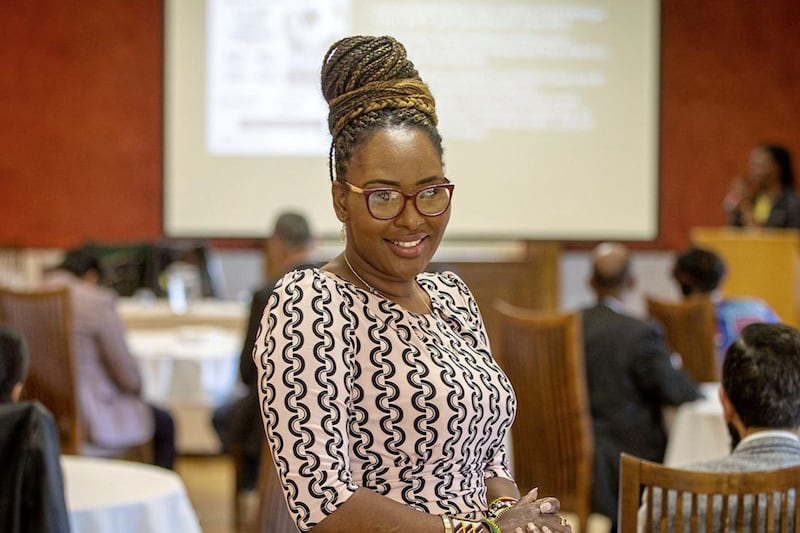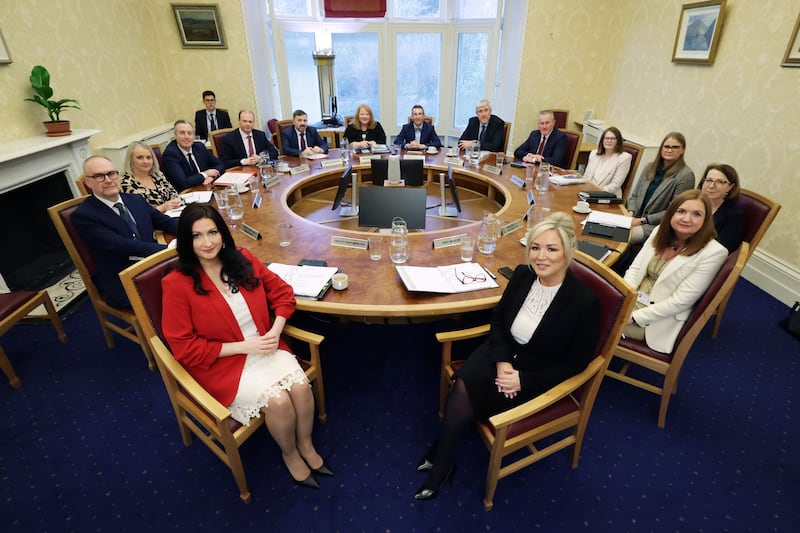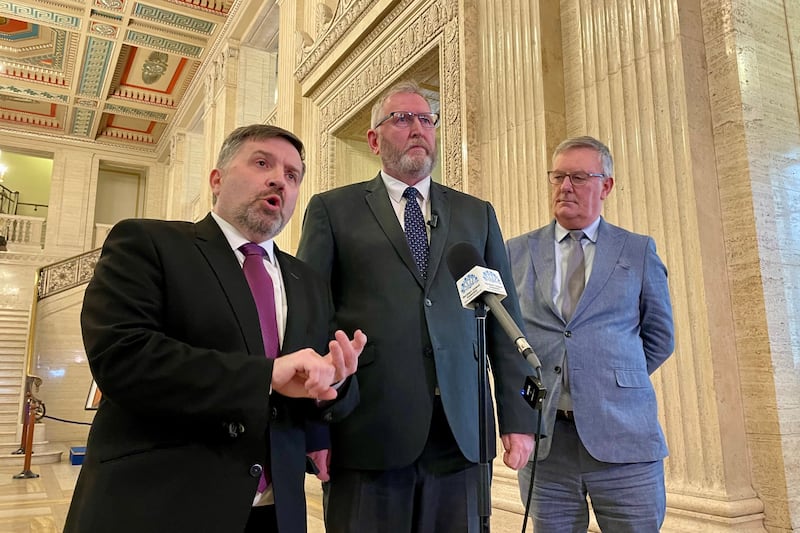When the DUP abandoned power-sharing, it inflicted harm on people in every section of our community. Whether nationalist or ‘other’, unionist or simply ‘don’t care’, everyone has felt the impact of almost two years of Stormont boycott through collapsing public services.
Today’s industrial action by bus and train drivers is a timely example from the litany of problems which has piled up since Sir Jeffrey Donaldson marched his MLAs into the wilderness, dragging everyone else with them.
When there’s no public transport, everyone is affected, regardless of their views on the vagaries of the Irish Sea border.
Although we have all suffered, it is dismaying that there has been such a firm focus on the concerns of just one party.
With its red, white and blue cover and title of Safeguarding the Union, it could not be clearer that the British government’s command paper is aimed squarely at the DUP alone.
Feting Sir Jeffrey for his apparently steely negotiating skills, as tame MPs were queuing to do in Westminster yesterday, can’t sit well with anyone stuck on a hospital waiting list or who is losing a day’s pay because there’s no bus to work.
Perhaps we should not be surprised. The government has indulged and pandered to the DUP throughout this whole process, showing little consideration for the 75-plus per cent of voters who did not vote for it in the last Assembly election.
Nonetheless, it is important not to lose sight of the fact that the DUP has indeed decided to go back to work.
Tweaks to the trade rules, such as reductions on checks on goods moving from Britain to Northern Ireland and less paperwork, are sensible if modest. But could these not have been negotiated by a united, functioning Stormont?
And it is difficult to see how a new quango, Intertrade UK, tasked with promoting trade within the UK, is going to cause much excitement.
It should be noted that Sir Jeffrey seems to have seen off whatever internal DUP opposition existed to the deal. Sammy Wilson railed against the “spineless” and “Brexit-betraying” government but few take his outbursts seriously.
What many will take seriously, however, is that Sir Jeffrey felt he needed to brief the Loyalist Communities Council about the deal. What does it have to offer?
A meeting with business groups or trade unions would have been more appropriate. Change, like peace, comes dripping slow.

